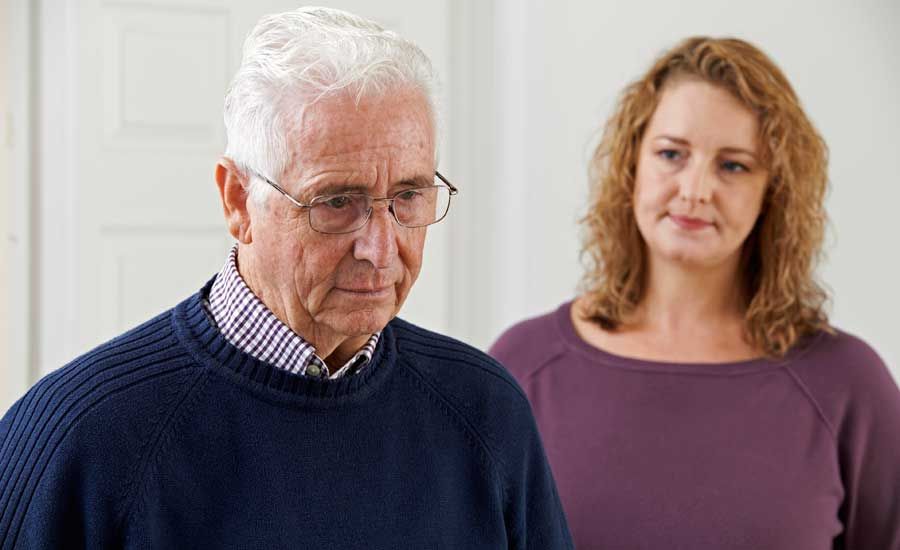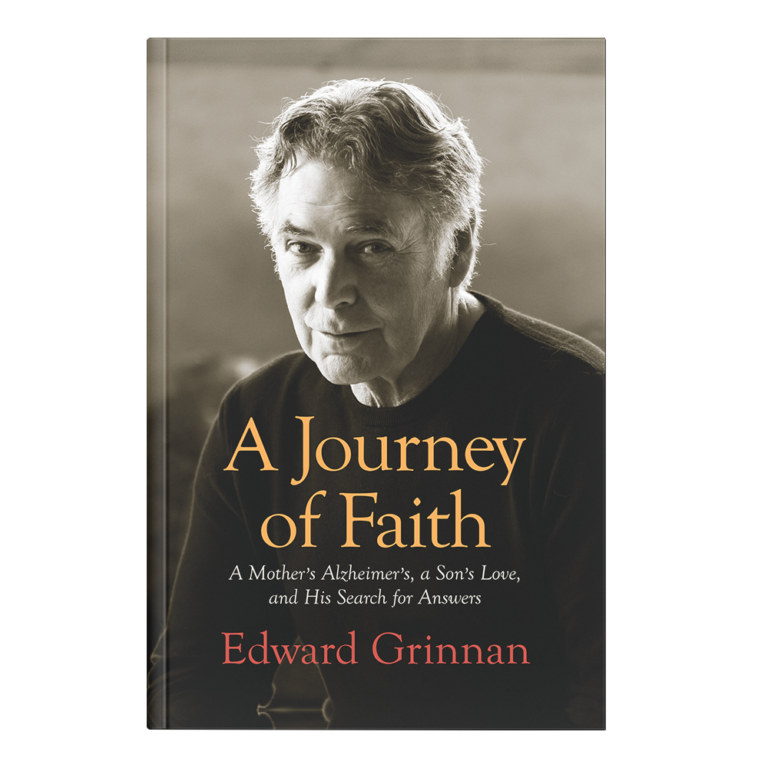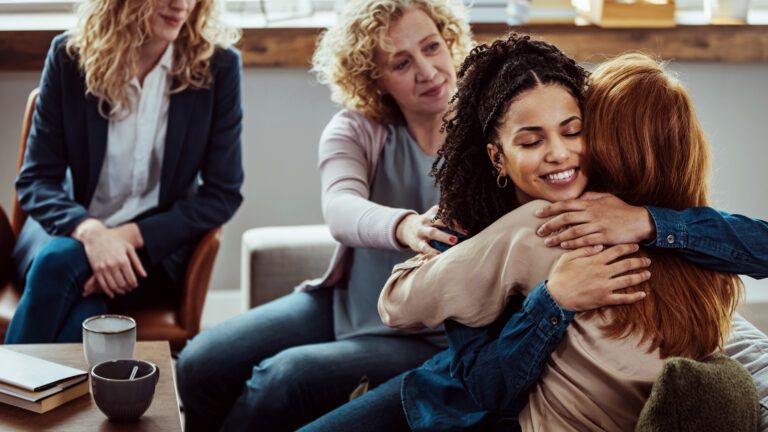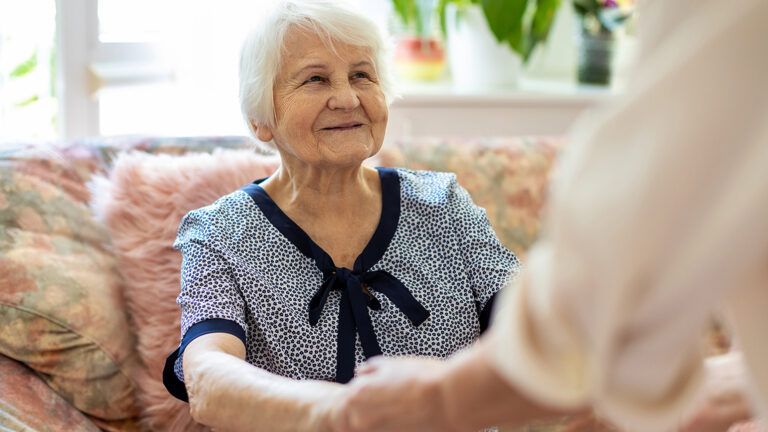Betsy Broyles Arnold’s life was turned upside down when her mother was diagnosed with Alzheimer’s. Her mother Barbara was the matriarch of the Broyles family and took care of everyone, including Betsy and her dad, famed head football coach Frank Broyles. But when the diagnosis came in, it was Arnold’s turn to take care of the woman who had given her so much.
“One of the most challenging parts [of caregiving] was the role reversal that you take on,” Arnold told Guideposts.org. “When my mother would need to be changed, if she had had an accident or something, she would feel so guilty and she would say ‘Oh, I don’t want you to have to do this’ and we would say ‘Mom, you took care of us all of our lives, now we have this opportunity to take care of you and if the situation were reversed, you would do it for us. That’s just part of that labor of love, that unconditional love that caregivers give.”
Sadly, Barbara lost her battle with Alzheimer’s in 2004, but that hasn’t stopped her daughter from raising awareness for the disease and for those fighting it, both on the field and on the sidelines. Arnold has become the spokeswoman for fellow caregivers, creating her own foundation to help those in situations similar to what she went through with her own family.
More than 15.5 million Americans provide unpaid care for a person with Alzheimer’s disease or other dementia. Women make up 65% percent of caregivers for people with these illnesses, putting them at the center of the growing Alzheimer’s crisis.
Arnold, along with Kailen Rosenberg – the author of Real Love, Right Now, whose mission has been to teach others how to find love – spoke with Guideposts.org about the difficulties caregivers face, the misconceptions about the disease and why it’s the caregivers who need our support more than ever.
“I would think the biggest misconception is that people don’t always accept it,” Arnold said about the Alzheimer’s diagnosis. “Most people will say, ‘Well, my family member doesn’t have Alzheimer’s, they have dementia.’ Dementia is the umbrella and Alzheimer’s is just the most common form of it.”
In that vein, Arnold says education is vital to understanding what it is caregivers are up against. “It’s important for you to know your opponent,” Arnold said. “Educate yourself. If you don’t understand this disease, then you can’t be a good caregiver.”
Rosenberg affirms this thinking, explaining that only once we’re more familiar with Alzheimer’s will we be able to fully support those suffering with it and the caregivers whose job it is to ease that suffering. “Knowledge is just so powerful,” Rosenberg said. “I think that, as with everything that we don’t quite understand, it hits our hearts and we really have a sense of fear mixed with compassion. Knowing where to go for the resources necessary to either help those loved ones that have Alzheimer’s and/or help the people, the unsung heroes, the caregivers that are taking care of those with Alzheimer’s, is really a crucial thing.”
But even those well-versed in the care of Alzheimer’s patients will, at one point or another, find themselves struggling to care for their loved one. Arnold expressed how difficult it was to see her own mother unable to do some of the simplest tasks once the disease took hold.
Whether you’re inhabiting the role of caregiver or you know someone caring for a loved one with Alzheimer’s, Rosenberg says being a strong shoulder to lean on and embracing that person with open arms and an open heart can make all the difference.
“Encourage them to talk about it,” Rosenberg said. “[Caregivers] sometimes feel embarrassed; they feel ashamed or they feel guilty and just being there for them, being a sounding board for them, being a friend and letting them know that they are not alone.”
Finding that support system has gotten easier thanks to women like Rosenberg and Arnold, who, along with her family, wrote a book aimed at offering tips, strategies and resources for both new and longtime caregivers. According to Rosenberg, one of the best tips she can offer to current caregivers is to remember to show love, not only to the person suffering with Alzheimer’s, but to yourself as well.
“One of the things that we forget about is again, the caregivers, the people that need to have our love, our attention, our compassion, support and understanding. [We need to] encourage them to not feel guilty about taking care of themselves. They get lost in taking care of their loved one and there needs to be a balance, so my heart and passion in this is to teach people that it’s about unconditional love, full-circle, for one’s self, as well as the person they’re taking care of.”
Get practical spiritual advice for everyday challenges in Spiritual Remedies






